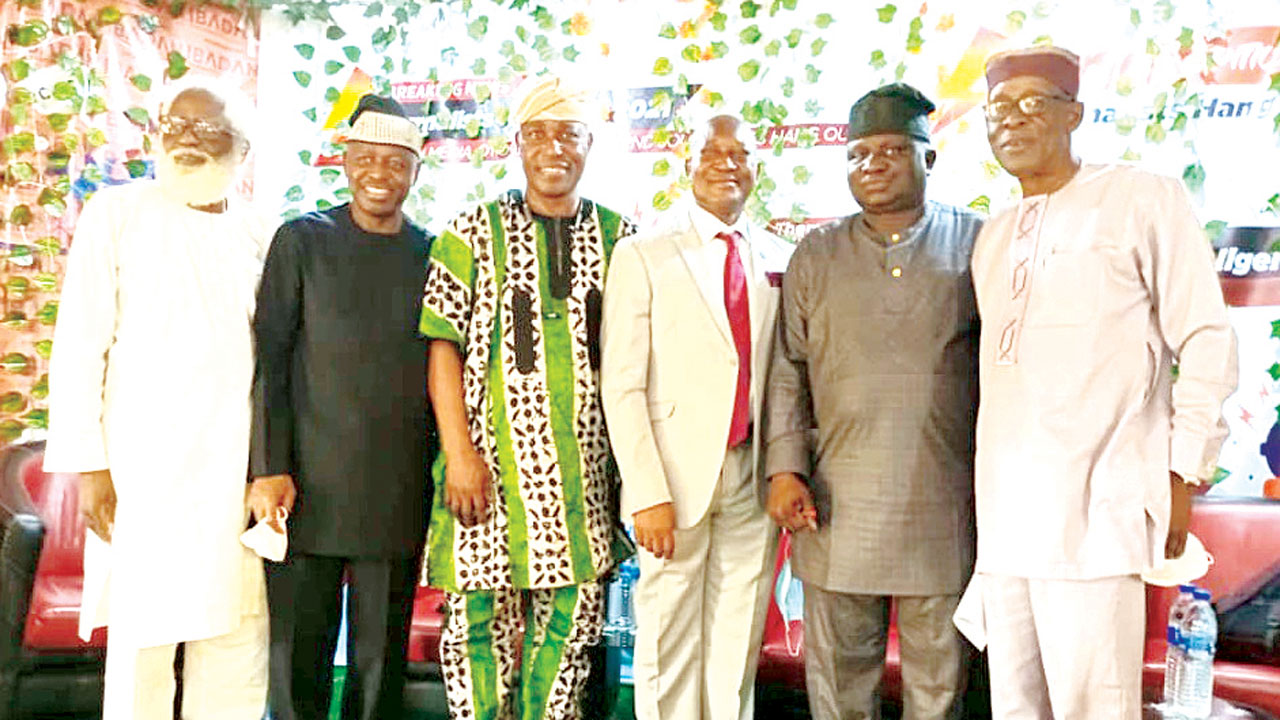
A former Director of Defence Information, Nigerian Army, Maj.-Gen. Chris Olukolade (rtd), international scholar on Peace and Conflict Studies at the University of Ibadan (UI), Prof. Olawale Albert; former Nigerian envoy to the Philippines, Dr. Yemi Farounbi; Editor-In-Chief of The Guardian, Mr. Martins Oloja, and others, have kicked against equating national security to regime protection by the state actors.
They spoke at the Foundation for Ibadan Television Anniversary Celebration (FITAC) 2021 Seminar on National Security held at the Press Centre of the Nigeria Union of Journalists (NUJ), Iyaganku, Ibadan, yesterday.
Farounbi said: “Yes, national security should not be equated to regime survival. The national security has to do with the survival of the country. There is a huge gap between a regime survival and a nation survival. A regime can, in fact, take actions that can hurt, damage and destroy the object of survival for a nation. Whereas, even the protection of that regime may lead to destruction of the nation. So, we have to always separate survival from national survival.”
Farounbi also harped on the need to train and retrain media professionals to enable them fully understand their roles.
Olukolade, who was chairman on the occasion, said a convergence of interests should lead to a convergence of needs and solution.
The retired army chief added that those moving the news must recognise the convergence in the media.
Albert, who emphasised that there must be a country before one could talk about national security, lamented that the state must stop seeing the media as a competitor.
He raised the need for those managing the state to be committed to national security.
Oloja, who spoke on the theme: “Broadcast Media and National Security in the Age of the Giants,” said nobody could hold back the era of citizen journalism.
He stated that in managing freedom of expression, the media is the eye of the storm.
He said: “There is ample evidence from the foregoing that the authorities here do not quite understand what journalism is all about.
“They see journalists as evil professionals, who often seek to bring down their government and most times, they criminalise journalism as a profession that enemies of government equip to undermine their personal interest. They hardly recognise the role of journalists within the context of the Constitution.
“The strong grip of the ruling party on the public broadcasters, namely the Federal Radio Corporation of Nigeria (FRCN), Nigerian Television Authority (NTA) and Voice of Nigeria (VON), encourages the authorities to run away with a misconception that other news media organisations that do not report like them are a threat to national security. There should be an amendment bill to make the public broadcasters to be run as public broadcasters.”
On his part, Chairman of a radio and television station in Ibadan, Owolabi Oladejo, emphasised that if the media would be given a role, the role must be clearly defined.



